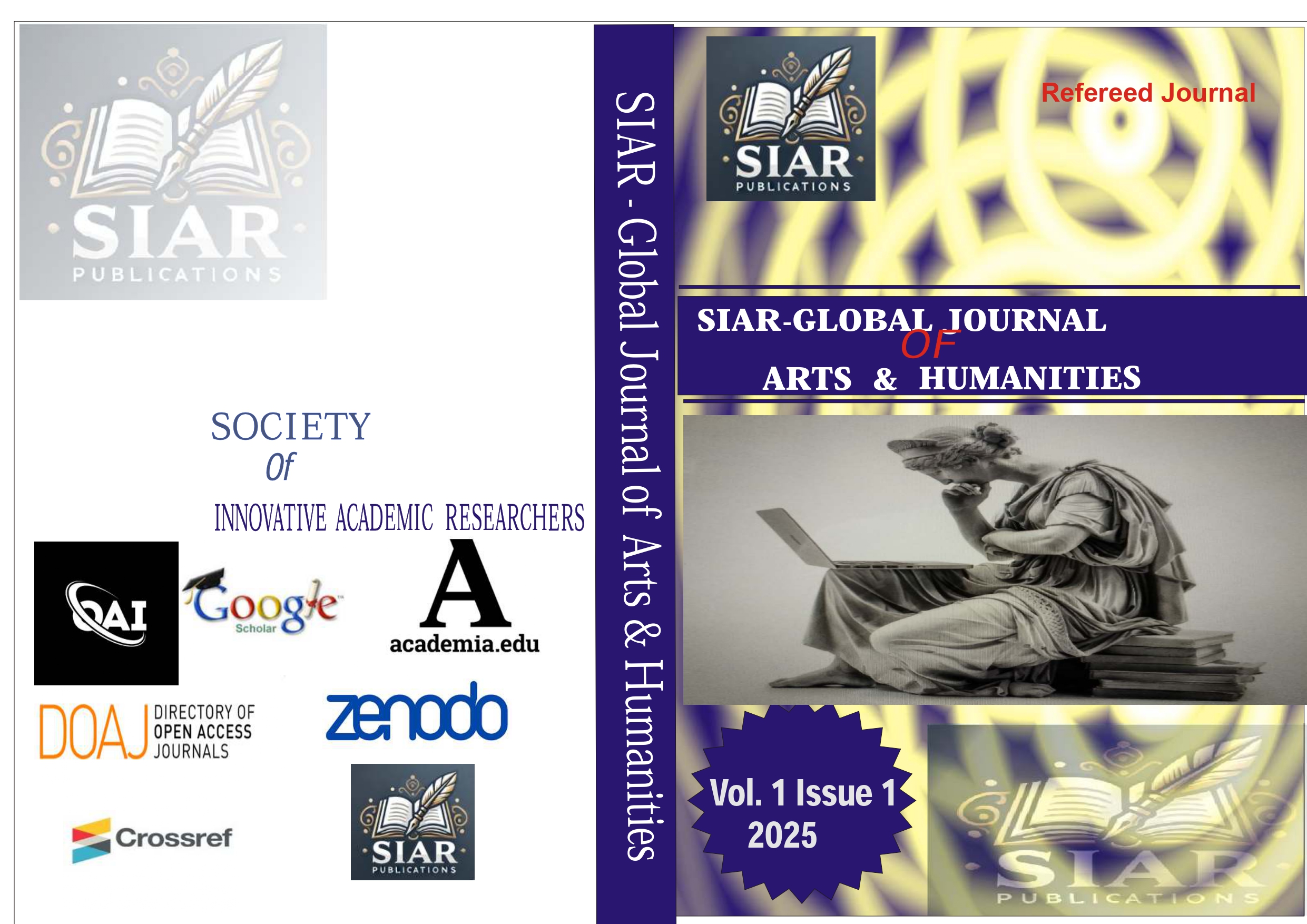Critical-Thinking Skills of Principals’ as Correlate to Teachers’ Job Performance in Post-Basic Schools in North-East Nigeria

Keywords
Critical thinking, leadership, teacher job performance, strategic management, post-basic education North-East Nigeria.
Full Article
Download Full Article (PDF)How to Cite
SADIQ AHMED (2025). Critical-Thinking Skills of Principals’ as Correlate to Teachers’ Job Performance in Post-Basic Schools in North-East Nigeria. SIAR-Global Journal of Arts & Humanities, Vol. 1, No. 1. DOI: 10.5281/zenodo.17692711